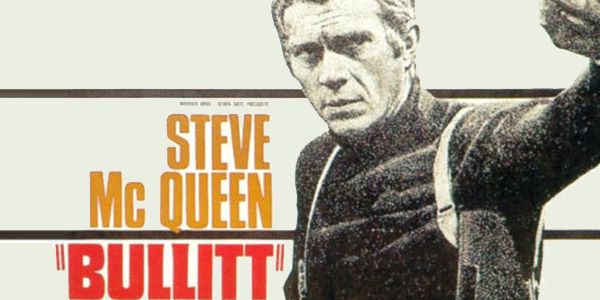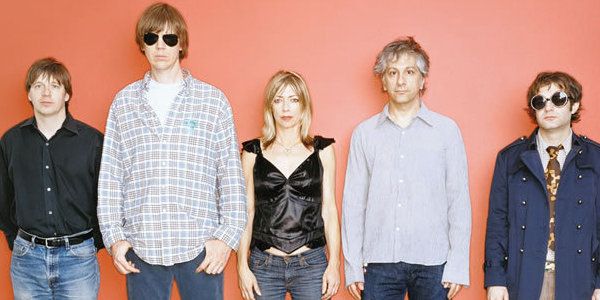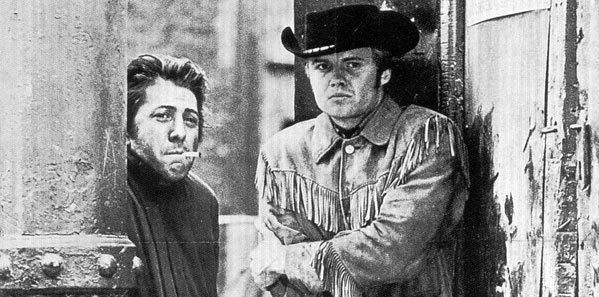Odessey and Oracle
was one of the flukiest (and best) albums of the 1960s, and one of the
most enduring long-players to come out of the entire British psychedelic
boom, mixing trippy melodies, ornate choruses, and lush Mellotron
sounds with a solid hard rock base. But it was overlooked completely in
England and barely got out in America (with a big push by Al Kooper,
who was then a Columbia Records producer); and it was neglected in the
U.S. until the single "Time of the Season," culled from the album,
topped the charts nearly two years after it was recorded, by which time
the group was long disbanded. Ironically, at the time of its recording
in the summer of 1967, permanency was not much on the minds of the
bandmembers. Odessey and Oracle
was intended as a final statement, a bold last hurrah, having worked
hard for three years only to see the quality of their gigs decline as
the hits stopped coming. The results are consistently pleasing,
surprising, and challenging: "Hung Up on a Dream" and "Changes" are some
of the most powerful psychedelic pop/rock ever heard out of England,
with a solid rhythm section, a hot Mellotron sound, and chiming, hard
guitar, as well as highly melodic piano. "Changes" also benefits from
radiant singing. "This Will Be Our Year" makes use of trumpets (one of
the very few instances of real overdubbing) in a manner reminiscent of
"Penny Lane"; and then there's "Time of the Season," the most well-known
song in their output and a white soul classic. Not all of the album is
that inspired, but it's all consistently interesting and very good
listening, and superior to most other psychedelic albums this side of the Beatles' best and Pink Floyd's
early work. Indeed, the only complaint one might have about the
original LP is its relatively short running time, barely over 30
minutes, but even that's refreshing in an era where most musicians took
their time making their point, and most of the CD reissues have bonus
tracks to fill out the space available















